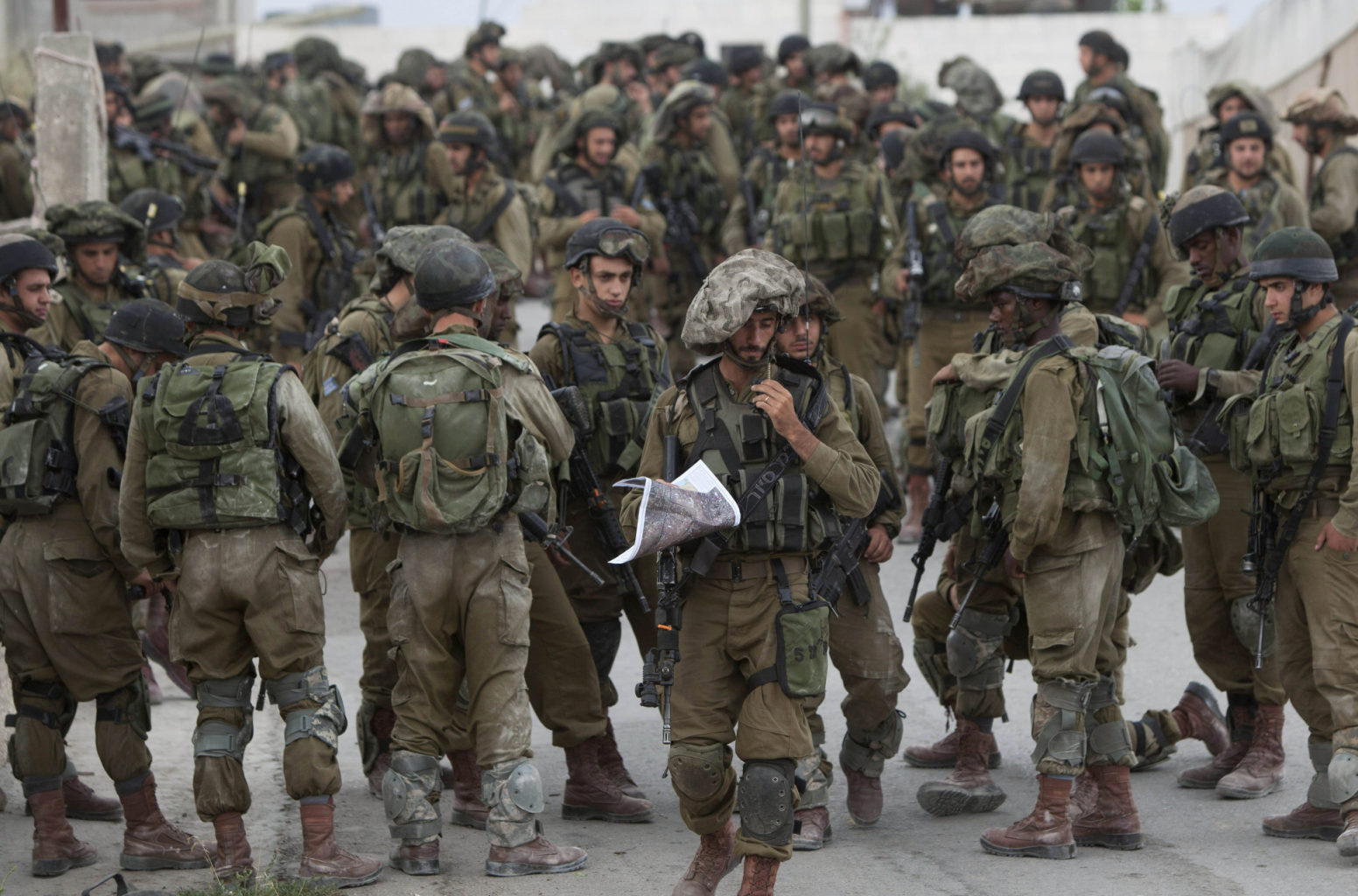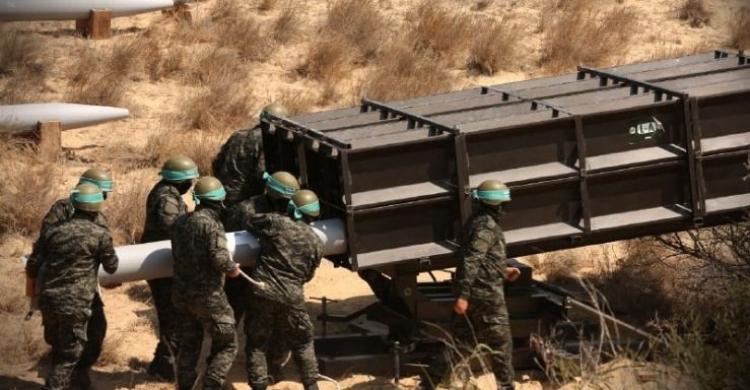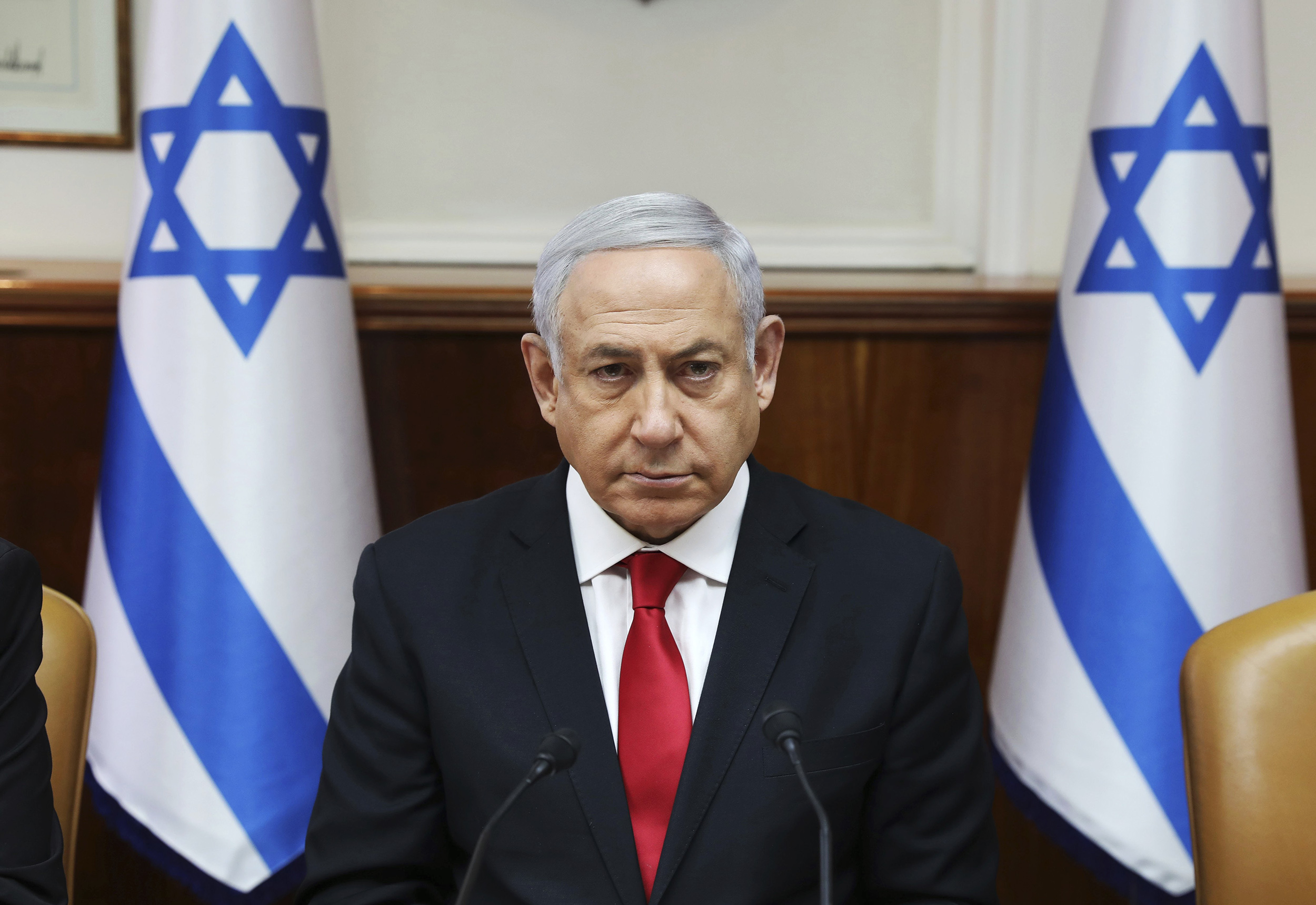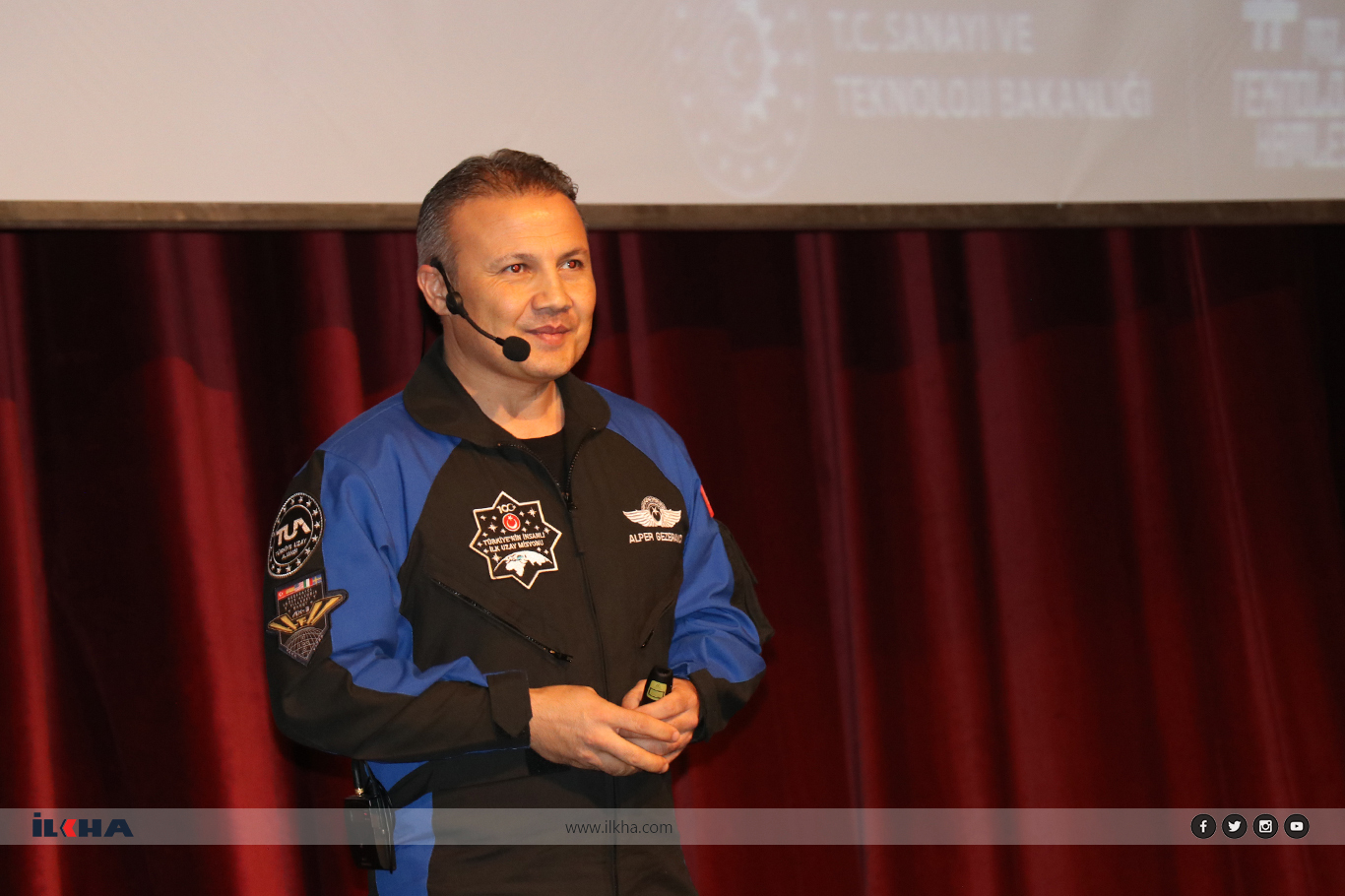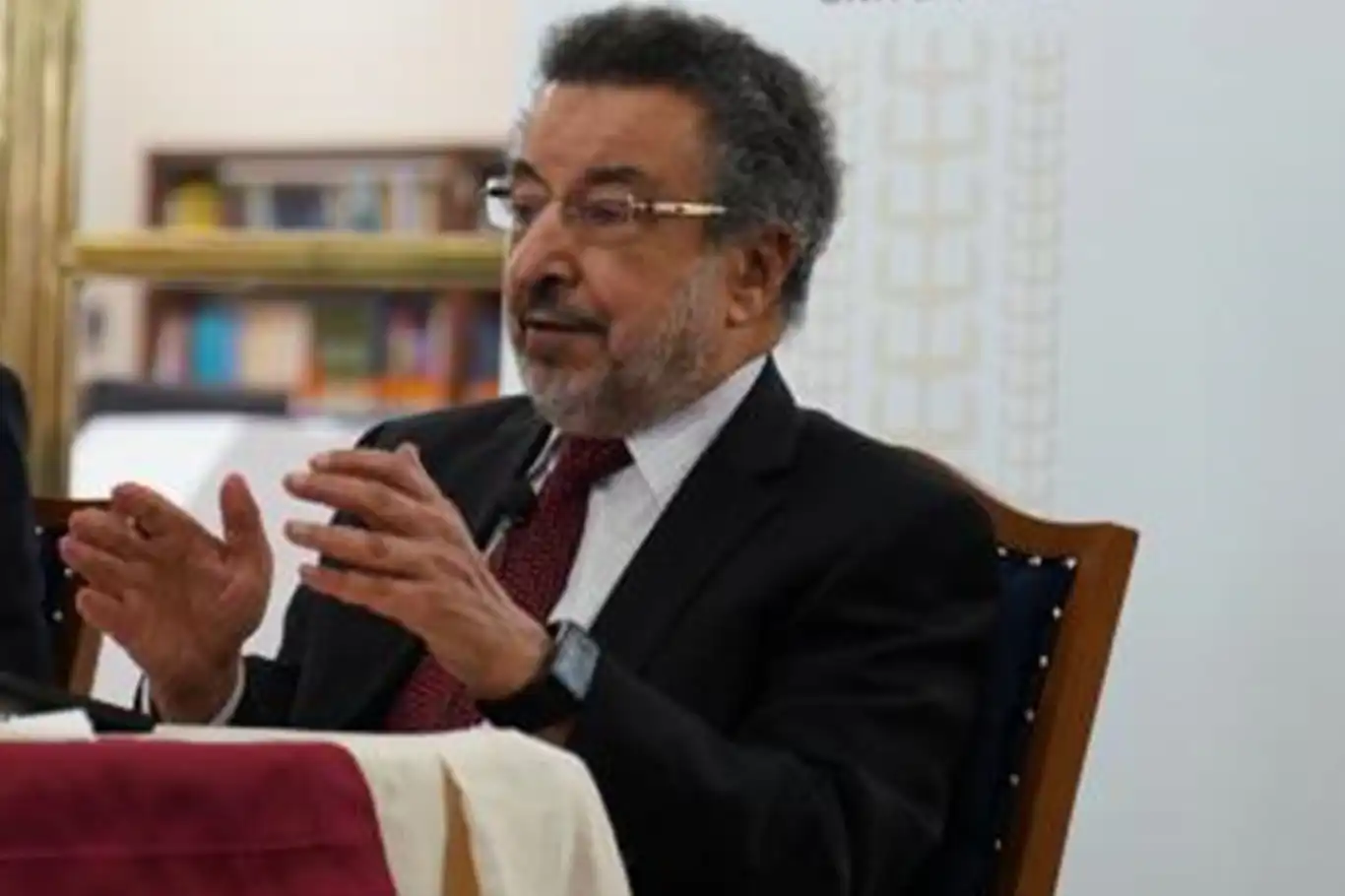Ayatollah Nimr Baqir en-Nimr and some other Islamic scholars that were executed by tyrants
The fourth anniversary of the martyrdom of Ayatollah Nimr Bakir en-Nimr, who was executed by the Saudi regime on 2 January 2016, has recalled once again some other Islamic scholars executed by the tyrannical rulers and puppet governments.

 Google News'te Doğruhaber'e abone olun.
Google News'te Doğruhaber'e abone olun. Ayatollah Nimr Baqir en-Nimr, who was an Islamic scholar, was executed along with 47 people on the same day for so-called terrorism offences on 2 January 2016. In four prisons, prisoners were executed by firing squad or beheading. This execution was the largest mass execution in the country in the last 35 years.
News of the killings triggered international demonstrations, and condemnation by nations, supranational organizations, and human rights groups.
Amnesty International stated that apart from the charge of firing at security forces on 8 July 2012, the other charges, of "disobeying the ruler", "inciting sectarian strife" and "encouraging, leading and participating in demonstrations" were based on documentary evidence of al-Nimr's sermons and interviews. Amnesty viewed these as representing the right to free speech and that al-Nimr did not incite violence in these. Amnesty stated that witnesses whose testimonies were used during the trial did not testify in court and that al-Nimr's lawyer was not given a fair possibility to defend him.
According to al-Nimr's brother Mohammed al-Nimr, Nimr al-Nimr was arrested "while driving from a farm to his house in al-Qatif". Mohammed al-Nimr said that his brother "had been wanted by the Interior Ministry for a couple of months because of his political views". Muhammad en-Nimr's son Ali en-Nimr was also sentenced to death. The verdict on Ali en-Nimr (21) also ruled that he would be crucified after his execution.
In October 2011, during the 2011-12 Saudi Arabian protests, al-Nimr said that young people protesting in response to the arrests of two al-Awamiyah septuagenarians were provoked by police firing at them with live ammunition. On 4 October, he called for calm, stating, "The [Saudi] authorities depend on bullets ... and killing and imprisonment. We must depend on the roar of the word, on the words of justice". He explained further, "We do not accept [the use of firearms]. This is not our practice. We will lose it. It is not in our favor. This is our approach [use of words]. We welcome those who follow such [an] attitude. Nonetheless, we cannot enforce our methodology on those who want to pursue different approaches [and] do not commit to ours. The weapon of the word is stronger than the power of bullets."
In Saudi Arabia, 134 people were executed in 2019 although Crown Prince Mohammed bin Salman had pledged that capital punishment practices would be reduced. The people executed were said to be mostly from foreign countries. Those executed included 21 Pakistanis, 15 Yemenis, 5 Syrians, 4 Egyptians, 2 Jordanians, 2 Nigerians and 2 others whose nationalities were not specified.
The fourth anniversary of the martyrdom of Ayatollah Nimr Bakir en-Nimr has recalled once again some other Islamic scholars executed by the tyrannical rulers and puppet governments.
Here are some Islamic scholars who executed by the oppressors and puppet rulers:
The Lion of the Desert: Omar al-Mukhṭār
Omar al-Mukhṭār, called The Lion of the Desert, was the leader of native resistance in Cyrenaica, currently Eastern Libya Eastern Libya under the Senussids, against the Italian colonization of Libya. A teacher-turned-general, Omar was also a prominent figure of the Senusi Movement, and he is considered the national hero of Libya and a symbol of resistance in the Arab and Islamic worlds.
Beginning in 1911, he organized and, for nearly twenty years, led the Libyan resistance movement against the colonial Italians during the occupation of Libya. Mukhtar's struggle of nearly twenty years came to an end on 11 September 1931, when he was wounded in battle near Slonta, and then captured by the Italian army. On 16 September 1931, on the orders of the Italian court and with Italian hopes that Libyan resistance would die with him, Mukhtar was hanged before his followers in the Suluq POW camp at the age of 73 years.
He recited all the time the last verses of Surah al-Fajr that says, "O (thou) soul, in (complete) rest and satisfaction! Come back thou to thy Lord, - well pleased (thyself), and well-pleasing unto Him!"
Omar al-Mukhtar also fought against the French colonization of Chad and the British occupation of Egypt.
Abdülqadir Udeh
After graduating from Cairo University Law School in 1930, he worked as a prosecutor and judge. He was a member of the Muslim Brotherhood (Ikhwan al-Muslim) organization since its founding years. After the abdication of King Farouk, he became a member of the commission established to draft the new Egyptian constitution. He asked the commission to base the Constitution on Islamic principles. He played an active role in public demonstrations that began in response to general Najib's removal from office by Free Officers Movement. Udeh had been trying to achieve a rapprochement between the Muslim Brotherhood and Jamal Abdunnasir and his supporters,but failed to achieve this goal and the government decided to shut down the organization. Due to the strident statement that he made in a meeting to turn Nasser from his decision and his role in the demonstrations for the reinstatement of General Najib, he fell at odds with Abdünnasir.
On behalf of the Muslim Brotherhood, Abdulkadir Udeh was given the task of examining the treaty signed between Abdunnasir and Britain. In his report, he opposed the treaty on the grounds that it protected British interests and laid the groundwork for British occupation. This report also caused the gap between Abd Al-Nasir and the Muslim Brotherhood to grow. In order to devote more time to his work in the Muslim Brotherhood, he resigned from his official duties and began work as a lawyer in 1951. Meanwhile, in 1953, he was invited to Libya to draft a new constitution. Abdulkadir Udeh, who was accused of involvement in the November 1954 assassination attempt against Abdunnasir, was sentenced to death after a brief trial in a special court. He was martyred along with five other members of the Muslim Brotherhood on 9 December 1954.
Sayyid Qutb
Sayyid Qutb criticized the moral corruption in Egypt and especially the Westernization themes in the administration and fought for the Islamic understanding to be restored to regain in Egypt.
Known as one of the most important thinkers of the 20th century, Qutb is one of the rare leading figures who stood up against all sorts of hardships and difficulties for the sake of his cause, even though he is not afraid to sacrifice his life.
Qutb is an Islamic scholar, considered one of the rare personalities of Arabic literature, from the important thinkers and editors of Egypt in the second quarter of the 20th century.
The author of Fi Zilal Al-Qur'an [In the Shade of the Qur'an], which enlighten most of the Islamic world and Islamic movements, Sayyid Qutb Ibrahim Husayn Shadhili was born on 9 October 1906. He was raised in the Egyptian village of Musha, located in Upper Egypt's Asyut Province. He had memorized the whole Qur'an before he was 10-year-old.
At the beginning of the teachers who taught Sayyid Qutb, was Mehdi Allame. "It is a great pleasure for me to teach Sayyid Qutb," says Mehdi Allame when he was asked about Qutb.
Qutb, whose name is the most pronounced and criticized in the last century, is not limited to geographical and ideological movements whose thought is merely comparable but has influenced many Islamic movements in the Islamic world.
After completing secondary and high school education in al-Azhar, he then attended Dar al Ulum Faculty at Cairo University. Qutb was appointed as a faculty member in the same year, where he graduated in 1933.
In 1939 and afterward, he headed to the Islamic thought. In his article titled "Location Courses" written in 1946, Qutb argued that the reform of the community and the Muslims' work in this direction is the Qur'an's command. Qutb criticized social corruption and moral corruption in Egypt. According to the majority, this article represents his entrance to Islamic thought.
Qutb, who went to the USA in 1949, lived there for about 3 years. During this period, he criticized the United States' lifestyle and society; the racism witnessed by society and rejected American civilization, which he described as primitive. In the same year, he published his work titled "Social Justice in Islam" when he was abroad.
In his letters to his friends during his stay in the US, he was constantly criticizing this [US] society. In his letters, the theme of "There is nothing spiritual in American civilization," was always on the front.
In his works, Qutb defended the true Islamic line against the Islamic concept, which is generally full of superstition. When Qutb returned to Egypt, he left the public service and joined the Organization of the Muslim Brotherhood.
Qutb, who becomes an important thinker of this organization, constantly raises the consciousness of the Egyptian people who are inclined to westernization by trying to convey his thoughts on the organization's media organs.
In July 1952, Egypt's pro-Western government was overthrown by the nationalist Free Officers Movement headed by Gamal Abdel Nasır. Both Qutb and the Muslim Brotherhood welcomed the coup d'état against the monarchist government – which was un-Islamic and subservient to British imperialism and enjoyed a close relationship with the movement prior to and immediately following the coup. Nasser would go to the house of Syed Qutb and ask him for ideas about the Revolution. Many members of the Brotherhood expected Nasser to establish an Islamic government. However, the co-operation between the Brotherhood and Free Officers which marked the revolution's success soon soured as it became clear the secular nationalist ideology of Nasserism was incompatible with the Islamism of the Brotherhood.
Nasser had secretly set up an organisation that would sufficiently oppose the Muslim Brotherhood once he came to power. This organisation was called "Tahreer" ("freedom" in Arabic). It was well known that the Brotherhood were made popular by their extensive social programs in Egypt, and Nasser wanted to be ready once he had taken over. At this time, Qutb did not realize Nasser's alternate plans, and would continue to meet with him, sometimes for 12 hours a day, to discuss a post monarchical Egypt. Once Qutb realized that Nasser had taken advantage of the secrecy between the Free Officers and the Brotherhood, he promptly quit. Nasser then tried to persuade Qutb by offering him any position he wanted in Egypt except its Kingship, saying: "We will give you whatever position you want in the government, whether it's the Ministry of Education, Ministry of Arts, etc."
Qutb refused every offer, having understood the reality of Nasser's plans. Upset that Nasser would not enforce a government based on Islamic ideology, Qutb and other Brotherhood members plotted to assassinate him in 1954. The attempt was foiled and Qutb was jailed soon afterwards; the Egyptian government used the incident to justify a crackdown on various members of the Muslim Brotherhood for their vocal opposition towards the Nasser administration. During his first three years in prison, conditions were bad and Qutb was tortured. In later years he was allowed more mobility, including the opportunity to write.
This period saw the composition of his two most important works: a commentary of the Qur'ani Fi Zilal al- Qur'an (In the Shade of the Qur'an), and a manifesto of political Islam called Ma'alim fi-l- Tariq (Milestones). These works represent the final form of Qutb's thought, encompassing his radically anti-secular and anti-Western claims based on his interpretations of the Qur'an, Islamic history, and the social and political problems of Egypt.
Qutb was let out of prison at the end of 1964 at the behest of the Prime Minister of Iraq, Abdul Salam Arif, 8 months before being rearrested in August 1965. He was accused of plotting to overthrow the state and subjected to a show trial. Many of the charges placed against Qutb in court were taken directly from Ma'alim fi-l-Tariq and he adamantly supported his written statements. The trial culminated in a death sentence for Qutb and six other members of the Muslim Brotherhood. He was sentenced to death for his part in the conspiracy to assassinate the President and other Egyptian officials and personalities, though he was not the instigator or leader of the actual plot. On 29 August 1966, he was executed by hanging.
Sheikh Said
With the disintegration of the Ottoman Empire, 'the Committee of Union and Progress' mentality began to strengthen its existence and dictate its ideology to the people.
The top-down ideologies imported from the West were adopted as state policy and the faith and values of the people were ignored.
The caliphate was abolished and the Qur'an was forbidden to read. Muslims were secretly performed prayers and other worship. Mosques were turned into barns, madrasahs were closed, and Adhan was read in the Turkish language.
The society's resistance was forced to be broken and many massacres were committed in order to transform into secular life. While those were happening, on the one hand, Sheikh Said was emphasizing that the society should be kept together with 'religion' and 'Ummah'.
Sheikh Said opposed all the new system because he saw the disregard of both Islamic values and the rights of the Kurdish community as a violation of Allah's Commandments.
The people of Sheikh Said clashed with a gendarme platoon in the village of Dicle, Diyarbakır Province, on 13 February 1925, which sparked a widespread uprising that would soon expand. Sheikh Said, who had taken the governor and the other officers captive by pressing Darahini (February 16), tried to gather the movement under a single center with a declaration urging the people to rise up in the name of Islam. In this statement, he used his seal that means 'the leader of the fighters for the sake of religion' and called everyone to fight for the sake of religion. The rebellion was initiated on behalf of the Islamic Sharia.
He was captured in mid-April 1925 with most of the other leaders after being tricked by Turkish troops.
Diyarbakır witnessed a massive massacre when the date showed June 29, 1925. A great Islamic scholar and his 46 friends were put on death row in an arbitrary and unlawful decision taken by the Independence Tribunal.
The so-called trial of Sheikh said took 40 days. In the case of Sheikh Said, where 80 people were tried, 47 were executed. Even the 11-year-old boy of 'Saleh Beg from Hani', who was taken to the gallows after the alleged trial, had been asked to be executed. However, the decision was changed at the last moment and the 11-year-old boy was sentenced to 10 years of heavy prison.
The fact that a child is sentenced to 10 years has also set an important record for revealing the true face of the Independence Tribunal.
"I don't mind you hanging me in worthless branches, surely my death is for Allah and Islam," he said just before his execution.
İskilipli Mehmed Atıf Hoca
İskilipli Mehmed Atıf Hoca was an Islamic Scholar. He was born in Çorum, Turkey. He started his early education in his village. In 1893 he came to Istanbul for Madrasa ("school" in Arabic) education. In 1902 he started Darü'l-fünun ilahiyat Fafültesi (Darü'l-fünun Divinity School). He finished his faculty in 1903 and started working as Ders-i Amm ( Ulema, a person who teaches the Madrasa students) in the Fatih Mosque. He was later arrested and taken to jail several times, but freed. He was the founding member of Cemiyet-i Müderrisin together with Mustafa Sabri.
Before the Westernization movement in Turkey, he wrote a book titled Frenk Mukallitliği ve Şapka (literally, Westernization and the (European) Hat) in 1924. In it, he advocated Sharia Law and opposed western influences like "Alcohol, Prostitution, Theater, Dance" and the "western hat".Because the western hat was a symbol of the infidels, and wearing a hat would make Muslims to lose their Islamic identity.
After the passing of "The Hat Act", a law that passed on 25 November 1925 and ordered that no other headwear except the western hat was allowed (therefore banning the wearing the fez), people rose in revolt in some provinces, which the government suppressed.
He was arrested and sent to Ankara on 26 December 1925 where he stood trial on 26 January 1926. The attorney general demanded three years of imprisonment, but the court postponed the trial to the next day. The next day, the Hodja declared that he no longer desired to defend himself. He was sentenced to death and martyred by hanging on 4 February 1926.
The Tomb of Atıf Hoca, who was buried in secret from his family, was found 82 years later and buried in the Gülbaba Cemetery in Iskilip district.
Abdul Quader Molla
Abdul Quader Molla was one of Bangladeshi Islamist leader. He was convicted on the pretext of crimes against humanity and war crimes at his trial at the ICT, on 5 February 2013. Jamaat-e-Islami started a protest in the country, demanding the release of its convicted and accused leaders. On 17 September 2013, after an amendment to the ICT law that allowed the government, complainant, or informant to appeal an order of acquittal or order of sentencing, the Bangladesh Supreme Court found Molla guilty of murders and other war crimes, and converted his life sentence to a death sentence. He was scheduled to be executed by hanging on 11 December. Due to more legal challenges, the execution was suspended and then upheld; he was martyred on 12 December.
After receiving the notification letter, the family members want to Dhaka central jail at 8 pm to meet him. At that time, Abdul Quader Molla informed his family that, he is not informed of anything about his much talked about execution. His medical check up and other formalities are not completed. He was acknowledged from his family men that the family is being invited by the prison authority to meet him for last occasion.
Last words of Abdul Quader Molla that he talked to his family men are as follows: "I was your guardian. If this government would kill me unlawfully, that will be a death of martyrdom. Following my martyrdom, Almighty Allah will be your guardian. HE is better guardian. Therefore, you have nothing to be worried.
I am absolutely innocent. I am being murdered as I am involved with the Islamic movement. The death in martyrdom is not bestowed in everyone’s fate. If Almighty Allah blesses me with martyrdom, I would consider myself as the luckiest. The martyrdom will be the best achievement of my life. My every single blood will mobilize the Islamic movement and will bring the doom of the autocrats. I am not worried for myself. I am worried about the fate of this nation and the Islamic movement. To my knowledge, I have not committed any mistakes or offences. I have sacrificed my entire life for the Islamic movement. I have never bow down my head before irregularities, will never do by the grace of Almighty Allah. No question is raised of seeking mercy or life before any worldly authority. Allah is the only deciding authority of life and death. Allah will fix my fate. I will not be executed as per the decision of any individual. My time and date of martyrdom will be finalized as per the decision of Almighty Allah. I will accept the decision of Almighty Allah in any cases.
To the family members, he further stated that, you will keep patience. The blessings and forgiveness of Almighty Allah will be ensured through patience and tolerance. Only the salvation in the Akhirah is our only desire. I am seeking prayer and support of the people for acceptance of my martyrdom. I am saluting the countrymen for their support and blessings.
Rahman Nizami
Motiur Rahman Nizami was a politician, former Minister of Bangladesh, Islamic scholar, writer, the former leader of the Bangladesh Jamaat-e-Islami. He was the leader of the anti-Bangladesh militia group Al-Badr during the Bangladesh Liberation War in 1971. Nizami and eight other leaders of Jamaat-e-Islami were charged with war crimes by the prosecution, as were two leaders of the Bangladesh National Party. Opposition parties and human rights groups pointed out the political interference in the trial, given that all the accused were leading opposition politicians. Nizami was the last high-profile suspect to be tried for 1971 war crimes; the court delayed his verdict in June 2014 because of the state of his health. On 29 October 2014, it was announced that Nizami had been sentenced to death for war crimes committed during the 1971 independence war against Pakistan.
On 11 May 2016, Nizami was martyred by hanging at Dhaka Central Jail; just days after the nation's highest court dismissed his final appeal to overturn the death sentence.
Mir Quasem Ali
Mir Quasem Ali was a Bangladeshi businessman, philanthropist and politician. He was a former director of Islami Bank, and chairman of the Diganta Media Corporation, which owns Diganta TV. He founded the Ibn Sina Trust. He was considered the wealthiest member of the Bangladeshi political party Jamaat-e- Islami. He was sentenced to death on 2 November 2014 on the pretext of crimes against humanity committed during the Liberation War of Bangladesh in 1971 by the International War Crimes Tribunal established by the secular Hasina government in Bangladesh.
The charges were denied by his relatives, stating they were politically motivated. Rights groups also raised concerns about these cases, with Amnesty International criticizing the use of the death penalty and saying Mir Quasem Ali's trial had been unfair. He was martyred by hanging at Gazipur on 3 September 2016 after his final appeal was rejected by the Supreme Court of Bangladesh.
Muhammad Kamaruzzaman
Muhammad Kamaruzzaman was a political leader and journalist who served as the senior assistant secretary general of Bangladesh Jamaat-e-Islami and was convicted on the pretext of war crimes during the 1971 the Liberation War of Bangladesh. He was martyred by hanging at Dhaka Central Jail at 22:01 on 11 April 2015.
Besides his political career, Kamaruzzaman also was the editor of the Weekly Sonar Bangla. On 9 May 2013 the International Crimes Tribunal sentenced him to death after it found Kamaruzzaman guilty of crimes against humanity including genocide, killing,rape, looting, arson, and deportation of people during the Liberation War of Bangladesh. Kamaruzzaman denied all charges, stating they were politically motivated. The trial itself was criticized by international observers and opposition figures and was mired in controversies. (ILKHA)










































